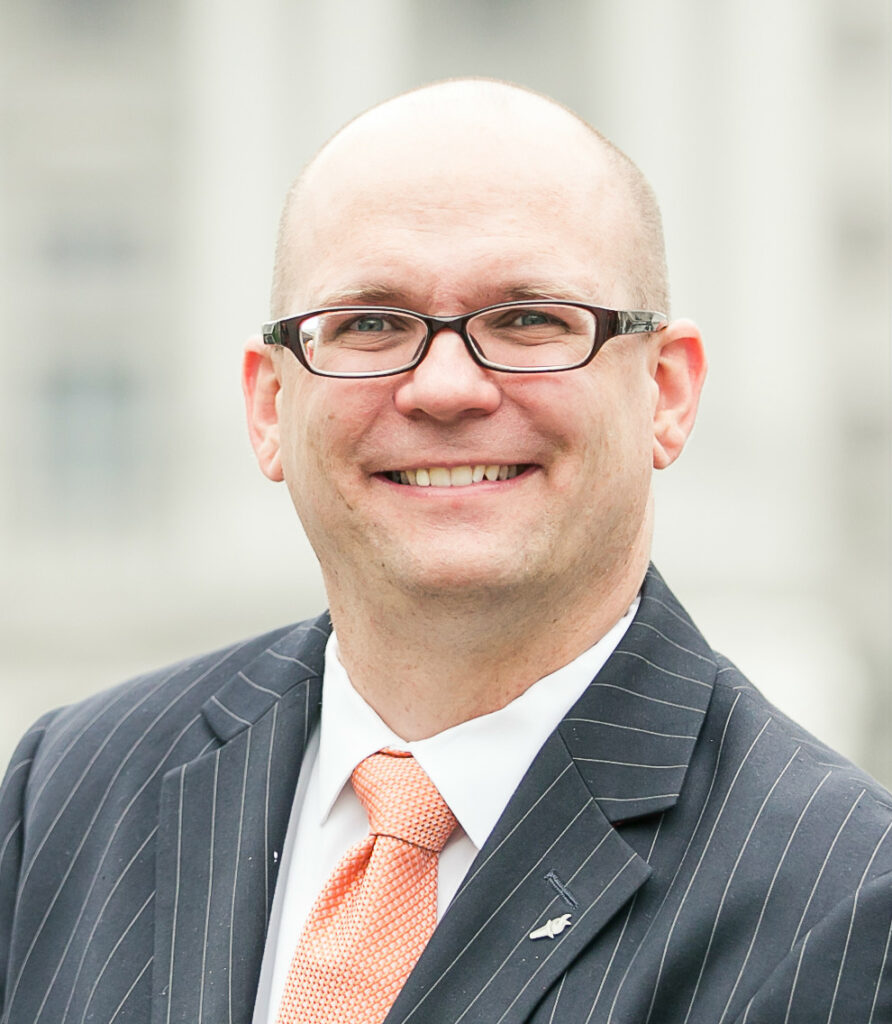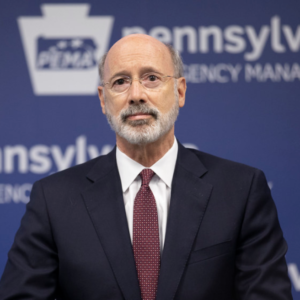In a 3-2 ruling along party lines, the Pennsylvania Independent Regulatory Review Commission (IRRC) voted Monday in favor of new charter school rules championed by Gov. Tom Wolf.
Wolf, a Democrat, welcomed the commission’s decision.
“These regulations are a vital step in clarifying charter schools’ responsibilities to the taxpayers who fund them,” Wolf said. “We were forced to take this path when the legislature refused to act on our comprehensive reform package. Charter schools received nearly $3 billion in publicly paid tuition this school year. Parents and taxpayers have a right to know how those resources are being used.”
However, others believe it will make it harder for parents who want to send their kids to charter schools.
Previously, the House and Senate education committees rejected the rules and sent the IRCC letters saying they opposed approval.
“Wolf once again acted unilaterally to circumvent the legislature,” said Nate Benefield, senior vice president of the

Nathan (Nate) Benefield is the Senior Vice President at the Commonwealth Foundation.
Commonwealth Foundation, a free-market think tank. “This ‘Lone Wolf’ strategy does a disservice to Pennsylvania voters, parents, and students.”
More than 40,000 children are on a waiting list for charter schools in the Delaware Valley region, the foundation said in a press release.
In 2020–2021, more than 170,000 students attended charter schools—an increase of almost 23,000.
Pennsylvania’s charter schools are public schools open to all students. And while charter schools serve more low-income and minority students than traditional district schools, they receive, on average, 25 percent less funding, the foundation said.
“Our governor hasn’t set foot in a charter school in seven years but insists that he knows what’s best,” said Benefield. “Instead of trying to stifle choice for families by unilaterally designing a bureaucratic labyrinth, Wolf should work with the legislature to empower parents and provide more education opportunities for every child in the commonwealth.”
Meanwhile, a study from the National Alliance for Public Charter Schools showed Pennsylvania charter school enrollment rose 15.5 percent from 2020 to 2021 as public school enrollment dropped by 3.2 percent. Statewide, the number of charter school students grew to 169,252 pupils.
The Pennsylvania Coalition of Public Charter Schools said the IRRC decision would hurt students.
“This regulation could result in numerous harms,” including lowered charter school tuitions, negatively impact minority operated and run charter schools, and increase the already “ballooning” waiting list,” the group said in a press release.
“Overall, the regulation could reduce educational choice options for Pennsylvania students, including the most vulnerable of minority and economically disadvantaged students. Public charter schools kept teaching our scholars during the pandemic, and recent enrollment numbers show that more and more parents are choosing charter schools.”

Jennifer Arevalo, CEO of Souderton Charter School Collaborative
The coalition slammed Wolf for reducing the money going to charter schools by $373 million in his budget request, noting that charter schools already get 25 percent less state funding than other public schools receive.
Jennifer Arevalo, CEO of the Souderton Charter School Collaborative said, “The new regulation would harm charter schools and charter students in the following two ways. The regulation will place additional requirements on new charter school applicants that extend beyond Charter School Law. While promoting a standard application, it does not limit districts from asking for more information from the applicants.
“The regulation does not resolve the redirection issue where some districts simply do not provide tuition for students who attend charter schools. This places charter schools in a precarious position of not being able to pay their bills. The Pennsylvania Department of Education (PDE) should make districts comply with school law.”
The Wolf administration listed the regulatory changes in its statement about the approval: “Provide clear application requirements for entities seeking to open a charter school, regional charter school, and cyber charter school; ensure that all Pennsylvania students are able to access charter schools; clarify the ethics requirements for charter and cyber charter school trustees; require school districts and charter schools to follow the same fiscal management and auditing standards; streamline the process for charter schools to request tuition payments from school districts and the state; and provide a consistent, common-sense method for charter schools to meet the employee health care requirements in state law.”
Those rules must still go to the state legislature for passage or revision and then to Wolf for his signature or veto.
There are 179 charter schools and cyber charter schools operating in Pennsylvania this school year. All 67 counties in Pennsylvania have students enrolled in some form of charter school.
Follow us on social media: Twitter: @DV_Journal or Facebook.com/DelawareValleyJournal

